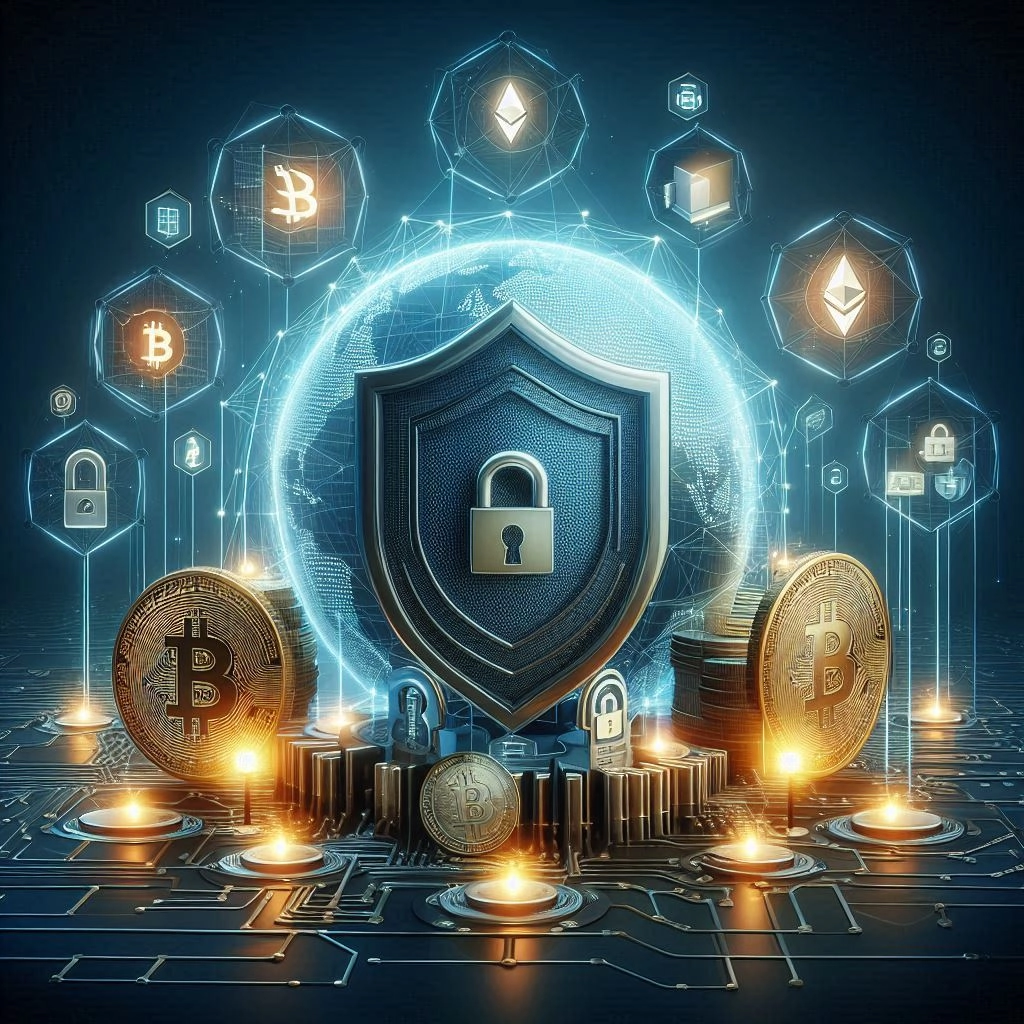The Importance of VPN for Cryptocurrency Security

Cryptocurrencies are becoming an increasingly popular tool for investing, trading and storing capital. However, along with their spread, threats related to the security of user data are also growing. To minimize risks, crypto enthusiasts are increasingly using virtual private networks. This technology protects against data leaks, prevents tracking, and adds a layer of privacy when working with digital assets. Let's consider why VPN is so important, how it works, and how to choose the right tool.
Why is VPN important for crypto users?
Working with cryptocurrencies requires a high level of privacy. A careless attitude to data protection can lead to hacking of accounts, theft of funds, or leakage of personal information. VPN helps to solve these problems:
- Protection from hackers. Cryptocurrency exchanges, wallets, and trading platforms often become targets for attacks. VPN reduces the likelihood that your traffic will be intercepted.
- Hiding activity from ISPs. Internet service providers can see what sites you visit and record it in logs. VPN hides this information, making your activity invisible.
- Bypassing geoblocks. If access to crypto exchanges or other resources is limited due to geographic restrictions, VPN will help bypass them, creating the appearance that you are connecting from another country.
- Preventive measures. Even if you do not plan to conduct transactions with cryptocurrencies at the moment, using VPN reduces the likelihood that your habits or interests will be used against you.
VDP creates an encrypted channel between the user's device and the VPN server. Data passing through this channel becomes inaccessible to third parties, including ISPs, hackers, and even government organizations. The main VPN functions that are of interest to modern users involved in cryptocurrency transactions:
- Data encryption. Data transmitted via VPN is protected by strong encryption. Even if someone intercepts your traffic, they will not be able to decrypt it.
- IP-address hiding. When connecting via VPN, your real IP is replaced by the address of the server you are connected to. This makes it difficult to track your location.
- Bypassing restrictions. VPN helps to bypass geographical blocking. For example, if cryptocurrency exchanges are banned in your country, VPN will allow you to connect to them through a server in another region.
- Security on public networks. Using Wi-Fi in cafes or airports is often associated with risks. VPN reliably protects your traffic even on such networks.
How to choose the right VPN or its alternative?
Choosing a VPN service is crucial for ensuring security. When choosing, pay attention to the following aspects:
- Data privacy. Find out if the provider keeps connection logs. The ideal VPN does not save information about users and their activity.
- Provider jurisdiction. Countries with strong data protection laws, such as Switzerland or Panama, are preferred for the location of VPN companies.
- Supported platforms. Make sure the service you choose is compatible with your devices (e.g. PC, smartphones, tablets).
- Additional features you need: access to servers in the right countries, payment for services with cryptocurrency to maintain anonymity, independent security audits, etc.
- Popular providers with a well-earned reputation. Among the proven solutions are NordVPN, ProtonVPN and ExpressVPN. They offer a combination of high security, ease of use and wide server coverage.
When choosing a VPN, it is important to know not only its advantages, but also to consider the limitations:
- Reduced connection speed. Due to encryption and traffic redirection, the Internet speed may decrease.
- Incomplete anonymity. Even when using a VPN, some actions can be tracked, for example, if you log in to a service that transmits your data.
- Risks of provider hacking. VPN companies, like any other, can be subject to attacks. Data leakage can lead to compromise of user information.
- Dependence on country policy. In some countries, the use of VPN is prohibited, which can expose the user to legal consequences.
If you can't choose a VPN, no matter the reason, you can use additional tools to enhance data protection:
- Tor browser. It distributes traffic through a network of nodes, which makes it virtually untraceable. However, the speed of work through Tor is usually lower than through a VPN.
- Private Relay. Apple's iOS feature that encrypts traffic in the Safari browser. It does not replace VPN, but it adds a level of privacy.
- DNS resolvers. Services like Cloudflare Warp help hide some of the data, but they do not provide full protection like a VPN.
Private VPN servers: ready-made solutions for online security
For users who do not want to spend time setting up a VPN, but want to get maximum protection on the network, there are ready-made solutions. And this solution is to buy a private VPN server on Private VPN server. These are fully configured servers that can be used immediately to protect traffic. Connection takes a few minutes, and you get a reliable tool for working with cryptocurrencies, ensuring the safety of your assets. This is a convenient solution for those who value their time and want to get maximum protection without performing complex technical procedures on their own.